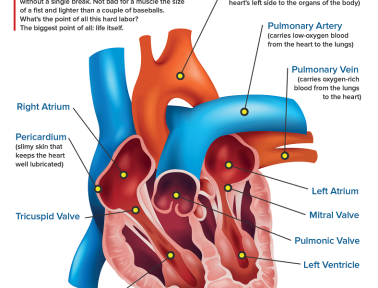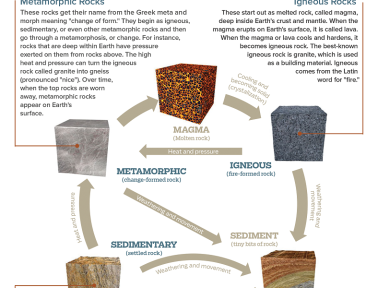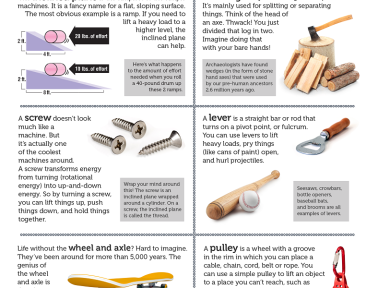” I just need much more patience!” It’s a declaration I learn through educators and also parents rather frequently. While there’s no magic pill for persistence, there are a few things we can bear in mind that help us muster up a little bit extra perseverance. Here is a post I composed WAY back at the start of this blog site, originally labelled, Persistence Comes From Understanding:
Image given by mikkimoo.
I have actually been informed I am a patient individual. I disagree. I feel claustrophobic in traffic congestion, get somewhat annoyed when food store checkers can’t get the three people before me through the line at lightning speed, and also I tend to tap my feet when waiting on the web to attach needs greater than one second. I have some unrealistic expectations of life that trigger a restless action. When it involves working with children, I have actually discovered that recognizing some particular aspects of their advancement and also enabling that to affect my assumptions goes a lengthy way in diffusing the typical feelings of disappointment. Here are a few developing insights that may be beneficial to you too.
Young children are egocentric.It’s not a character flaw, it’s simply regular advancement. At this age, children can only make sense of the world as it associates with them directly. To a youngster, if she wants a toy, every person else ought to desire her to have it! Or, expect an additional child is starving, in his mind, the most crucial thing to everyone else on the planet should be getting him some food! One significant purpose of sending out children to preschool is to put them in an environment with other self-concerned kids and also produce situations where they must become aware of others’ demands and develop the essential skills of social analytical. As a matter of fact, problem between children, while it ought to be taken care of, ought to not be gotten rid of. It is via social dispute that children learn to relocate past egocentrism.
Preschoolers are developing self-constraint.Self-discipline is not a skill we are born with. Just as we need to find out to transform the frantic flailing of our arms right into deliberate movements, we should learn to transform our impetuous actions right into prepared and thoughtful habits. Little ones don’t usually strike their buddies since they assume, “I’m mosting likely to be mean today.” They simply obtain a strong impulse as well as they act upon it. They don’t mistake with the flour because they wish to drive us insane and even make the mess, they’re simply interested, so they discover. This does not suggest we should not fix them. Little ones require the limits to be set as well as proper behavior to be clarified, along with reinforcements and suggestions to be given (again and again), in order to help in the advancement of self-constraint. At the very same time nevertheless, we should bear in mind that they do not assume the method we do, as well as their objectives are typically innocent.
Preschoolers think in concrete terms. Predicting cause and effect circumstances and also evaluating theoretical circumstances call for abstract thinking, an innovative cognitive process for young children. This often triggers them to make choices that are obviously incorrect to us, yet to them, the unsatisfactory outcome might be a shock. Once again, understanding this is not certify to disregard such actions. Our coaching and modeling aids them to advance past this here-and-now sort of reasoning. Reminding ourselves of this developing stumbling block just aids us keep in mind to take that deep breath and talk with them from an even more understanding viewpoint.
Preschoolers are dependant beings having a hard time to establish self-reliance. Young kids rely on grownups for their actual survival. From infancy they have discovered to do what they need to do to interact their needs to us. Preschoolers have proceeded a lengthy way from the days of their early stages when they wept to communicate virtually every need, nevertheless there are still minutes when their ability to communicate is overshadowed by the urgency or deepness of their demands. They might once more resort to crying, tantrums, or outbursts, in a fundamental attempt to get our attention and also communicate a requirement. When we can recognize this, it assists to smoothly communicate to the youngster that he has been listened to. For example, “You want it to be your turn currently, don’t you?” or “I realize you’re really let down today due to the fact that you wanted to stay a little bit much longer.” Interacting the demand back to the kid may not immediately quit the outburst, however it lets him know we are listening, while additionally offering spoken labels for emotions and enabling him to far better deal with as well as communicate those sensations as well as requirements in the future.
Follow your statement of recognizing with a short explanation of what the truths are. “Today it’s Ben’s turn. It will certainly be your turn as quickly as the timer goes off.” “We can not remain any longer because we need to grab your sibling now. Yet we’ll come back once more quickly.” Once again, your description may not magically stop your kid mid-tantrum, yet it provides him a design of exactly how to smoothly and also appropriately interact needs.
On the flip side of this reliance, is the fact that preschoolers are trying to create as well as establish their independence. They wish to have control. Kids usually act out when they have actually come to be annoyed with either their physical lack of ability to act separately (absence of essential toughness or muscle control to complete a task for instance), or our personal aversion (whether warranted or otherwise) to allow them to act separately. We can help children with this demand by first, identifying it, but also by structure in elements of freedom and also control where suitable.
We can supply choices (where both choices serve to us) to provide. “This is a parking area, as well as we require to remain secure. Would you such as to hold my hand, or hold the grocery cart?” We can also provide little jobs to enable them to really feel that feeling of independent achievement. It is helpful recognize circumstances where they may intend to act independently however are not physically able to do so, making accommodations where necessary (positioning stepstools near the sink, for example). We can connect to them our understanding of this need when we are incapable to enable them the freedom they seek (” I know you truly wish to pour your very own milk, yet this container is just a little bit too hefty for you. Allow’s put some in this little pitcher and also you can use this when you want to pour it on your own.”
These are just a few of the developmental parts that frequently astonish us as adults. By comprehending where our youngsters are originating from, we can have much more reasonable expectations for their behavior, communicate to them better, design appropriate actions, as well as appropriately satisfy their requirements. And consequently, you simply might mislead people right into thinking it’s all since you’re just a client person!
* Ideas from Persistence or Recognizing? By Nancy Weber-Schwartz, Young Kid, March 1987.
Fascinated in getting more favorable support information? Look just how fortunate you are:










